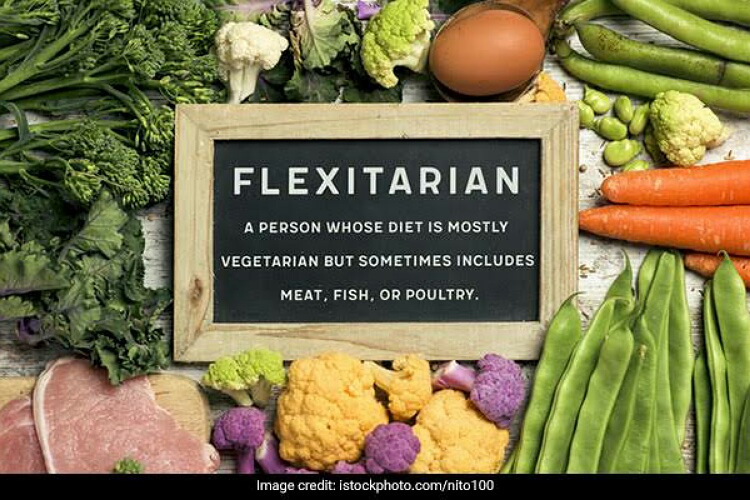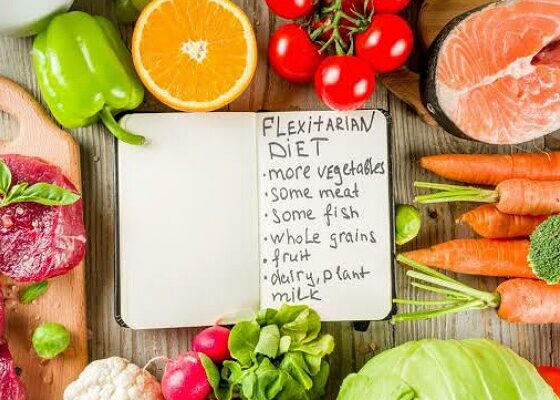Vegan and vegetarian terms have a formal definition. And now the term semi-vegetarian is catching up fast. What does this new term mean? Is it good or healthy?
The semi-vegetarian diet
We are all aware of the terms vegetarian and vegan. These two terms have formal definitions. Vegetarian means eating plant based foods but not excluding milk, milk products and eggs. While vegan diet implies consuming plant based foods but not including eggs, milk and milk products in your diet. These people also exclude honey and gelatin from their diet. Moreover, they do not use leather, silk, fur, wool or soaps and cosmetics with animal ingredients.

And now a new term has cropped up. It is semi-vegetarian diet. This lacks a formal definition. But it is partly a self-explanatory term. In this diet, the person eats most of the time plant based foods but does not commit to a vegetarian lifestyle fully. He or she does occasionally have chicken fish, eggs, and milk and rarely also consumes red meat. This diet also has other names; flexitarian or flexible vegetarian. Thus, the person is mainly vegetarian but has lessened but not eliminated consumption of animal foods.
The amount and frequency of eating animal foods is individual. There is no hard and fast limits set but the focus is on eating mainly plant based foods.
USA data on semi-vegetarianism
Various surveys have revealed that a significant percentage of Americans are keen to pursue a semi-vegetarian lifestyle and diet. The Plant Based Foods Association study has shown that since 2017, the sales of plant based foods has risen by 31%.

And during the pandemic due to various reasons, people opted for more plant based foods. The retail sales of plant based meat alternatives increased by 148% in comparison to previous year. And the rise in sales of plant based foods has been 90%.
And studies have also shown that such a diet is beneficial for the planet as well as humans.
Health benefits
Eating plant foods is healthier. In 2019, the JAMA Internal Medicine journal had published a systematic analysis that showed that consumption of plant foods is associated with a lower risk of type 2 diabetes.
And in 2020, US researchers studied the eating habits of 400000 US men and women. They found that plant foods eating people had lesser risk of dying from any cause. Replacing animal protein with plant protein decreased the risk of heart diseases. There was improvement in weight and body fat percentage.

Similarly, a 2020 study from Stanford university published in the American Journal of Clinical Nutrition revealed that meat substitutes made from plants improved blood cholesterol and heart parameters. Moreover, a 2019 study in The Journal of Nutrition, showed that vegan eaters had better healthy fats, antioxidants, and anti-inflammatory compounds in their blood.
Also, read Plant-based meats vs real meat: which is better?
Pulses which include lentils, peas, chick peas, and beans are versatile, nutritious and filling. They can lead to weight loss with same amount of calories. Have lots of veggies and fruits in a day. Other plant based delicacies should be occasional treats only. Have a balanced and varied diet to avoid protein and other nutrition deficiencies.
